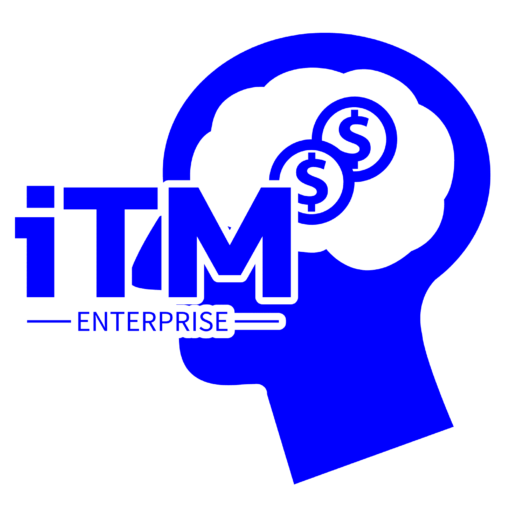Register your DBA

What’s a DBA?


Other terms for DBA
Depending on the state in which you’re doing business, a DBA may also be called a fictitious business name, a trade name, or an assumed business name. These terms are often used interchangeably, but mean the same thing.
Do I need to apply for a DBA?
You’ll need a DBA if you’re planning to do business using a name other than your personal name or your business entity’s registered name. A DBA isn’t always required for a business, but it can be a useful tool.
3 reasons why a DBA could be beneficial for your business
Rebranding
If you want to rebrand your registered business and branch into new products or services, a DBA lets you pursue a different direction than your official business name suggests without having to start a new LLC or corporation.
Privacy
Businesses not registered with the state (e.g. sole proprietorships) operate under the owner’s full legal name, so your personal name would be listed on all transactions. With a DBA, you can separate your legal name from your business name and gain more privacy.
Legally required
A DBA is usually required under state law if you plan to operate your business under a name other than your legal name or an officially registered business name.
Ready to get your DBA?
DBA vs. LLC: What’s the difference?
There are several important differences between a DBA and an LLC:
DBA
Ease and affordability
If you want to register your business name without creating an actual business entity like an LLC, a DBA is an easy way to do it.
Expansion and personalization
With a DBA, you can easily personalize your business by location. For example, if you have multiple ice cream shops in multiple towns, each shop can be branded with the name of the town.
Easy upkeep
A DBA usually only has to be renewed every few years, and it’s a great option for business owners who want to get an official business name without the upkeep needed for an LLC.
LLC
Protect your personal assets
By forming an LLC and keeping your personal financials separate, your personal assets are protected from business liabilities.
Tax flexibility
You get to decide how you’re taxed—as an LLC or a corporation—to maximize your potential savings and minimize tax liability.
More maintenance
Although LLCs have simpler record-keeping rules than other types of business entities, they still involve more ongoing maintenance than a DBA, such as annual filings and reports.
Ready to get your DBA?

How to register a DBA
1. Search your name
Make sure the DBA name you want isn’t already being used. You can usually conduct a business entity search on the Secretary of State’s website
2. Review the naming requirements of your state
For example, you may not use banking-related words or terms that could be associated with a governmental entity.
3. Fulfill operating requirements
4. File your DBA with the Secretary of State or local government agency
DBA vs. sole proprietorship: What you should know
Keep your private life separate
Creating a DBA allows you to promote your business without compromising your privacy by limiting the use of your personal name in day-to-day business transactions.
Branding and marketing
Branding becomes easier with a DBA. For marketing purposes, having a DBA lets you have a name that clearly promotes the product or service you’re offering.
Increased legitimacy
Open a bank account

File your DBA online
Standard
- Preliminary name search*
- DBA application filing
- Publication of your DBA name*
- Proof of publication filing
Premium
- Everything from Standard plus:
- 14-day trial of attorney advice Renews at $49/mo. Cancel anytime†
- Preliminary name search*
- DBA application filing
- Publication of your DBA name*
- Proof of publication filing
DBA FAQ
There are initial filing fees and renewal fees which can very based on business type and your state. But since a DBA isn’t a formal business structure, there are usually no ongoing annual fees or filing requirements.
You can search for DBA requirements in your state or check with the state agency where you registered your LLC. Once you determine where, you may be able to register your DBA online. You’ll be required to provide the name of your LLC and the fictitious name you want to use. Restrictions often prohibit the use of a DBA that’s the same or similar to a DBA that’s already registered.
Yes. If you want to use more than one DBA, you’ll need to file a separate registration for each name.
No, you don’t need an EIN for a DBA. Whether you’re required to have one depends on how your business is organized.
In most states and counties, you need to renew your DBA every 5-10 years. DBAs never expire in a few states like Indiana, Iowa, and New York.
A DBA doesn’t give you liability protection. You need to form an LLC, corporation, or nonprofit to get liability protection.
You’ll need to go through the normal process of registering your business with the state. This includes a name search to make sure no other business has the same name, since having a DBA doesn’t guarantee that your DBA name will be available for your business entity.
Ready to get your DBA?
Why use ITM to set up your DBA?
Peace of mind
We’re the #1 choice for online DBA filings‡ for a reason. We deal with state agencies for you by filing your DBA directly with them.
Comprehensive name search
If it’s required in your state, our first step in registering your DBA will be to check your state’s official database to find out if the name you want is available.
Publication of business name
In states that require publication of new DBAs, we’ll publish your DBA statement in the appropriate newspaper.* We’ll also forward you the proof of publication and a copy of your statement.
Why use ITM to set up your DBA?
ITM provided the roadmap I needed to get going… and kept me updated on our status during the entire process.
—Allegra R., DBA customer
ITM was quick and super easy to navigate. It was so simple there was no reason for me to go anywhere else!
—Jamika M., DBA customer
Everything is online and easy to access. Highly recommend to anyone who’s looking for professional services with easy access.
—Brian S., DBA customer
Call an agent at (786) 725-4535
Mon.–Fri. 5 a.m.–7 p.m. PT
Sat.–Sun. 7 a.m.–4 p.m. PT

